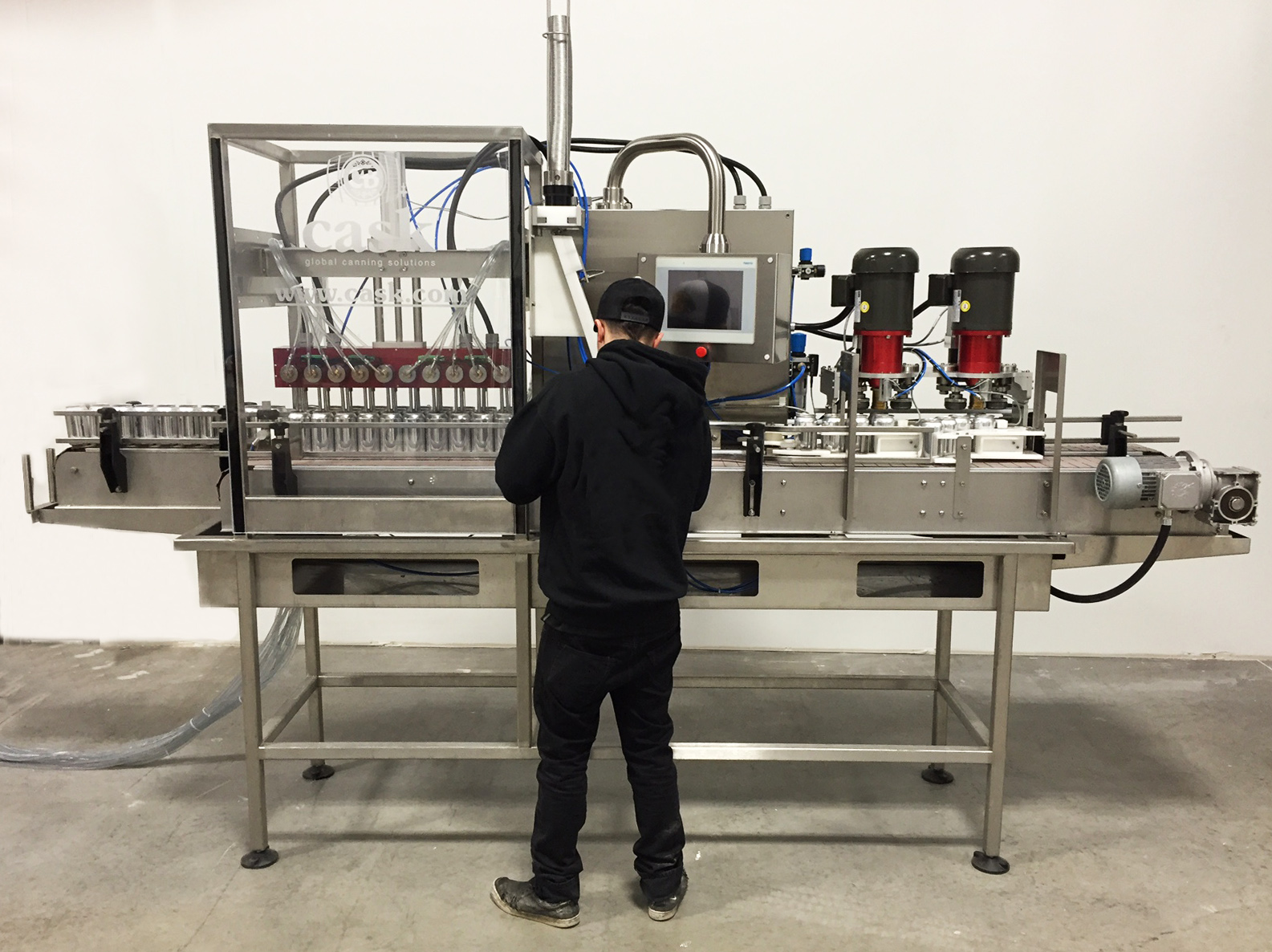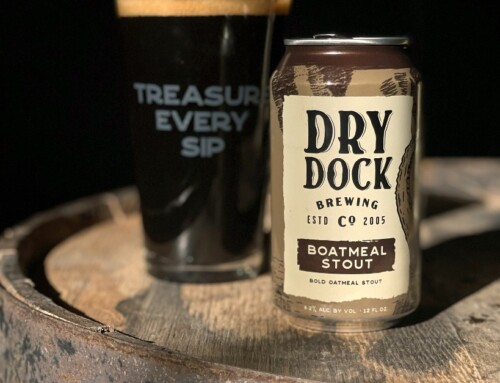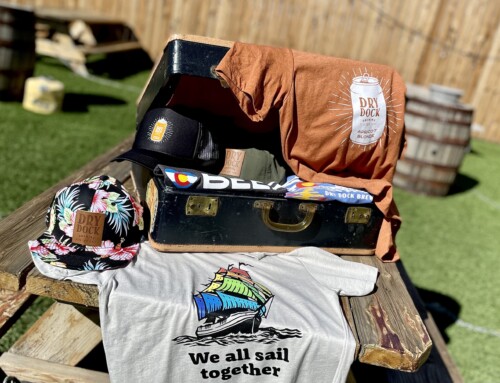Company Week is a very cool Colorado-based publication that covers companies in the Rocky Mountain West. It has a sister publication — Brewery Week — that does the same for breweries and beer-related companies in the region.
CW/BW editor-in-chief, Eric Peterson, has just done a great piece that profiles Brewery Finance and founder Rick Wehner. Read it below.
—
Talking shop with Rick Wehner of Brewery Finance
Rick Wehner, co-founder of Littleton-based Brewery Finance, has averaged more than a deal a week for the past decade. “Since 2005, we’ve funded somewhere in the neighborhood of 900 expansion projects for $44 million,” he says.
Brewery Finance has grown up with the craft brewing industry. The business has funded Oskar Blues, Ska, and numerous other breweries in Colorado and beyond.
Back then, Wehner had worked in equipment finance and leasing for a decade before going out on his own to start 5280 Financial with his brother, Skip. At the time, Rick was “beating the bushes” looking for clients when he was helping his friend and homebrewing supplier, Kevin DeLange of Dry Dock Brewing in Aurora.
“I was a customer of his at The Brew Hut,” says Rick. “I was helping him paint the walls of the brewery for free beer.”
On a break, he started leafing through a Brewers Association vendor directory sitting on the bar. “There wasn’t a single financial company to help bridge the gap between equipment manufacturers and breweries,” says Wehner. “The bottom line: Even though I was having some success with 5280, there was no passion there. Because I was a homebrewer and I loved the brewing industry, I wanted to work with people who loved what they were doing.”
It was on the heels of the first craft brewing crash in the early 21st century. “A lot of banks stopped funding brewery deals,” he says. Rick thought it would amount to a couple deals a month “to break up the monotony” and launched Brewery Finance with his brother under the 5280 Financial umbrella. “My goal was never to be a full-time brewery finance guy. I just wanted something fun.” But within a few months, Wehner was working “all day every day trying to find money for breweries.”
In 2011, Pinnacle Capital Partners acquired 5280 and Brewery Finance. It was a good match, says Rick: “They had the money, we had the business.”
The business is now “coast to coast,” he says. “We even do some business in Hawaii when we have the opportunity. We tend to get more bullish on deals in our backyard where we have boots on the ground. We take greater risks.”
“It used to be we were the only lender out there focused on breweries,” says Rick. “Banks were really bashful working with breweries, but that’s changed.”
Brewery Finance offers “a nice complement” to traditional financing, he adds. “One of the things we do really well is play nice with banks and other forms of financing,” says Wehner. A $500,000 bank loan “doesn’t go far when you’re expanding a brewery,” plus it comes with a blanket lien on the side.
“There are a lot more financial options, but banks are still banks,” he says. “They have to check boxes. For breweries in business for less than two years, those boxes are harder to check.”
Brewery Finance has funded a number of breweries when they were in startup mode, including Crooked Stave, TRVE, and Bierstadt Lagerhaus in Denver and Modern Times in San Diego.
Used equipment is a good fit for fledgling operations, says Rick. “We’re helping fund used equipment, which is something not every lender is interested in doing,” he says. “It’s harder to peg the value. I used to say equipment is worth whatever somebody’s willing to pay for it.”
Not anymore: Imports have an unpredictable resale value, and the cost of shipping can also impact prices. “Ten years ago, you could count the number of fermenter manufacturers on your hand,” says Rick. “Now there are dozens of them.”
Wehner recommends breweries lease used equipment. Brewery Finance’s clients typically sign a contract to rent all kinds of brewing equipment with an option to buy at the end of the term for $1. “It’s just about anything you’ll find in a brewery, including vehicles, point-of-sale systems, and furniture in the taproom,” says Rick.
Consolidation, along with the sheer number of breweries, makes for more used equipment of the market.”Now we’re seeing more and more of these craft-on-craft acquisitions, or things like Strange Craft and Wit’s End merging production,” says Rick.
He also points to the sale of Elk Mountain Brewing and its new owners’ plan to rebrand the Parker-based operation as Downhill Brewing. Along with contract brewing, it’s about the industry making more efficient use of available capacity. “I think you’ll see a lot more of that,” says Wehner.







Leave A Comment